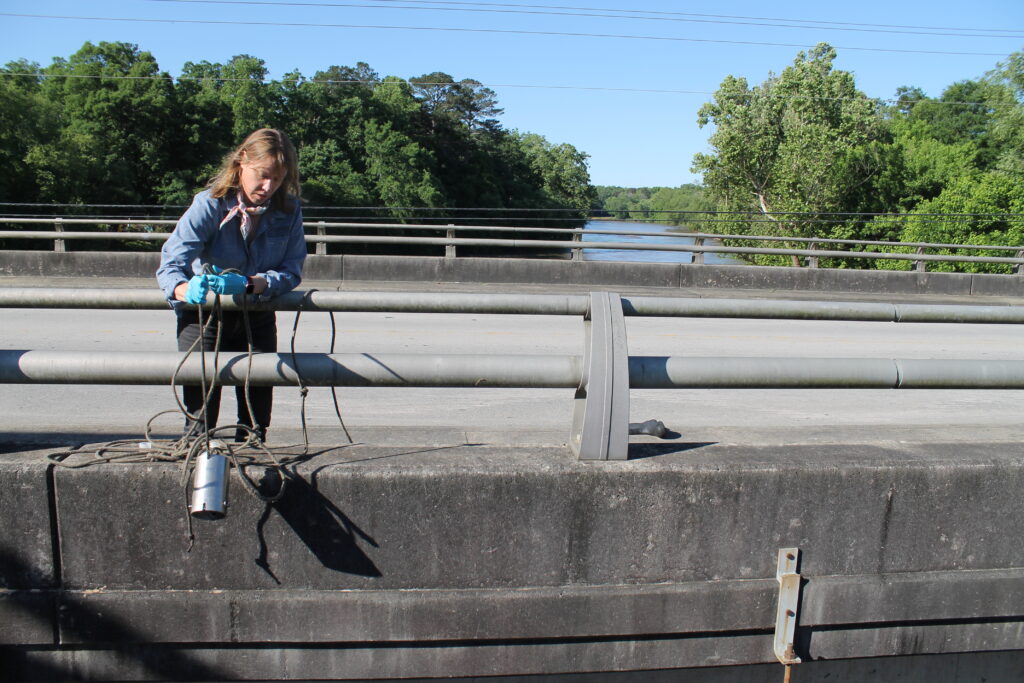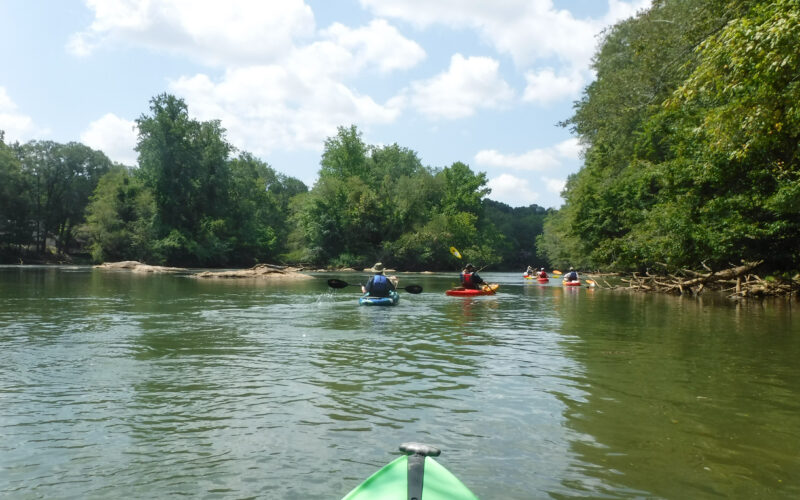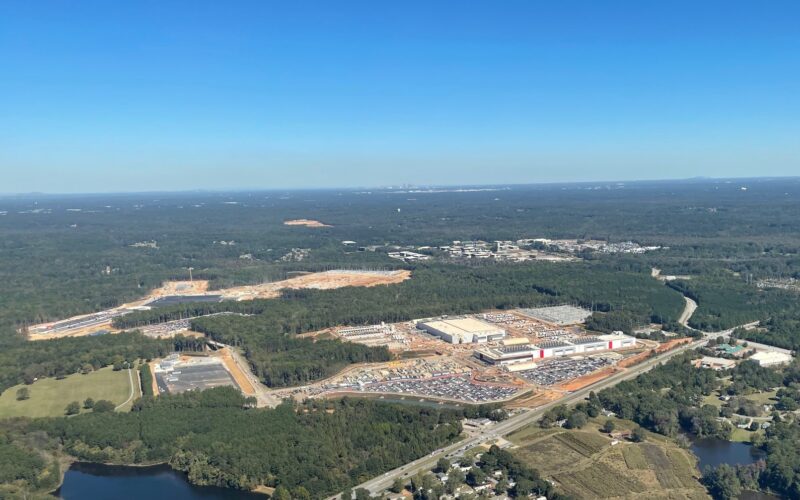Chattahoochee Riverkeeper is alarmed by recent changes to federal agencies including the U.S. Geological Survey (USGS), Environmental Protection Agency (EPA), and National Park Service (NPS). Drastic staffing cuts at these agencies could have long-term negative impacts on the Chattahoochee River and its communities.
Without adequate resources, CRK and the state of Georgia will lose critical partners and information necessary to make informed water management and regulatory decisions for the Chattahoochee River and the southeast. Worse, polluters will have one less barrier to get away with breaking the law.
We urge our supporters and friends to show your support for these federal agencies and the people who have dedicated their lives to clean water and public service. Stand up for clean water and healthy communities: tell your representatives that you support the federal agencies working to protect our natural resources today.
BacteriAlert: A partnership proven to protect the river and public health
If you spend time on the Hooch, you’ve probably relied on Alerta Bacteria to plan your outings. BacteriAlert is a one of a kind, real-time bacteria monitoring program operated as a partnership between Chattahoochee Riverkeeper, USGS, and the National Park Service. Together, we have been collecting data from the Chattahoochee River for 25 years. In that time, we’ve seen a dependable pattern in the data – when it rains, stormwater washes pollutants into the river and bacteria levels rise. These spikes in bacteria can put people at risk of getting sick when they’re on the river.
To monitor water quality, USGS maintains river sensors in three locations throughout the 48-mile-long Área recreativa nacional del río Chattahoochee. When these sensors detect water that is turbid (clouded with sediment), bacteria levels are presumed to be elevated and a real-time advisory is sent to the publicly available database. This invaluable tool helps people make informed decisions about safe water recreation.

When Fulton County’s Big Creek wastewater plant quietly failed in June of 2023, the BacteriAlert program was essential in detecting high bacteria levels in the river and ultimately helping CRK pinpoint the source. USGS data collection, modeling, and sensor maintenance through BacteriAlert and other programs is essential to keeping the public safe and our river clean.
Now, the federal government has moved to terminate the lease for the USGS South Atlantic Water Science Center in Norcross, Georgia. Click here to read CRK’s letter urging the lawmakers to request reconsideration of the decision.
TAKE ACTION: Tell your representatives how losing USGS programs like Alerta Bacteria would impact you and your community. Click here to download our fact sheet and find your legislators or click here to fill out a customizable email message template.
Fighting for the Clean Water Act
More than five million people depend on the Chattahoochee River for drinking water. As EPA announces new priorities, CRK remains committed to fighting rollbacks to the Clean Water Act to protect everyone’s rights to fishable, swimmable, drinkable waters.
CRK is also closely monitoring any proposed changes to Georgia’s already permissive coal ash management program. With more than 30 million tons of toxic coal ash stored along the banks of the Chattahoochee, this issue directly impacts the health of communities and ecosystems in the Chattahoochee watershed.
Further, CRK remains committed to championing policies that address the climate crisis. In the Chattahoochee River Basin, droughts have gotten deeper and drier. Floods and seasonal storms have also intensified. This is all a result of climate change. Any rollbacks to air, energy and transportation policies designed to combat climate change will only make our record-breaking droughts, winter storms, hurricanes, and floods worse every year – hurting our communities and our economy.



